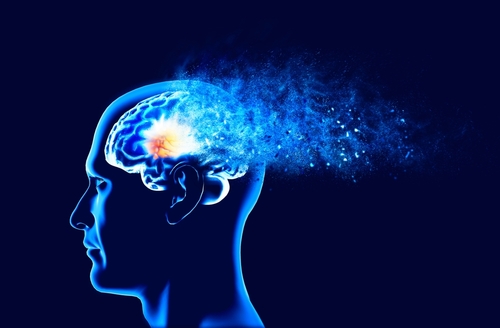Artificial Intelligence (AI) is revolutionizing epilepsy care by enhancing diagnostic accuracy, treatment personalization, and patient monitoring. Machine learning (ML) and deep learning (DL) algorithms have significantly improved the analysis of electroencephalograms and imaging data, enabling early seizure detection and identification of epileptogenic zones. AI applications extend to functional imaging interpretation, anti-seizure medication (ASM) response prediction, and responsive neurostimulation systems, reducing the traditional trial-and-error approach in epilepsy treatment. Certain tools optimize administrative workflows, and wearable devices with AI capabilities support real-time seizure alerts. These technologies collectively advance precision medicine, particularly for drug-resistant epilepsy cases, where tailored treatment is critical.
Despite these advances, challenges remain regarding ethical implementation, model transparency, and regulatory oversight. Issues such as algorithmic bias, data privacy, and the “black box” nature of some AI systems hinder clinical trust and adoption. The development of explainable AI (XAI), federated learning, and fairness-focused algorithms aim to address these concerns. Regulatory agencies like the FDA are beginning to establish frameworks to guide the safe and equitable use of AI in healthcare—paving the way for transformative, patient-centered epilepsy care.
Reference: AbuAlrob MA, Itbaisha A, Mesraoua B. Unlocking new frontiers in epilepsy through AI: From seizure prediction to personalized medicine. Epilepsy Behav. 2025 May;166:110327. doi: 10.1016/j.yebeh.2025.110327. Epub 2025 Mar 4. PMID: 40043598.








